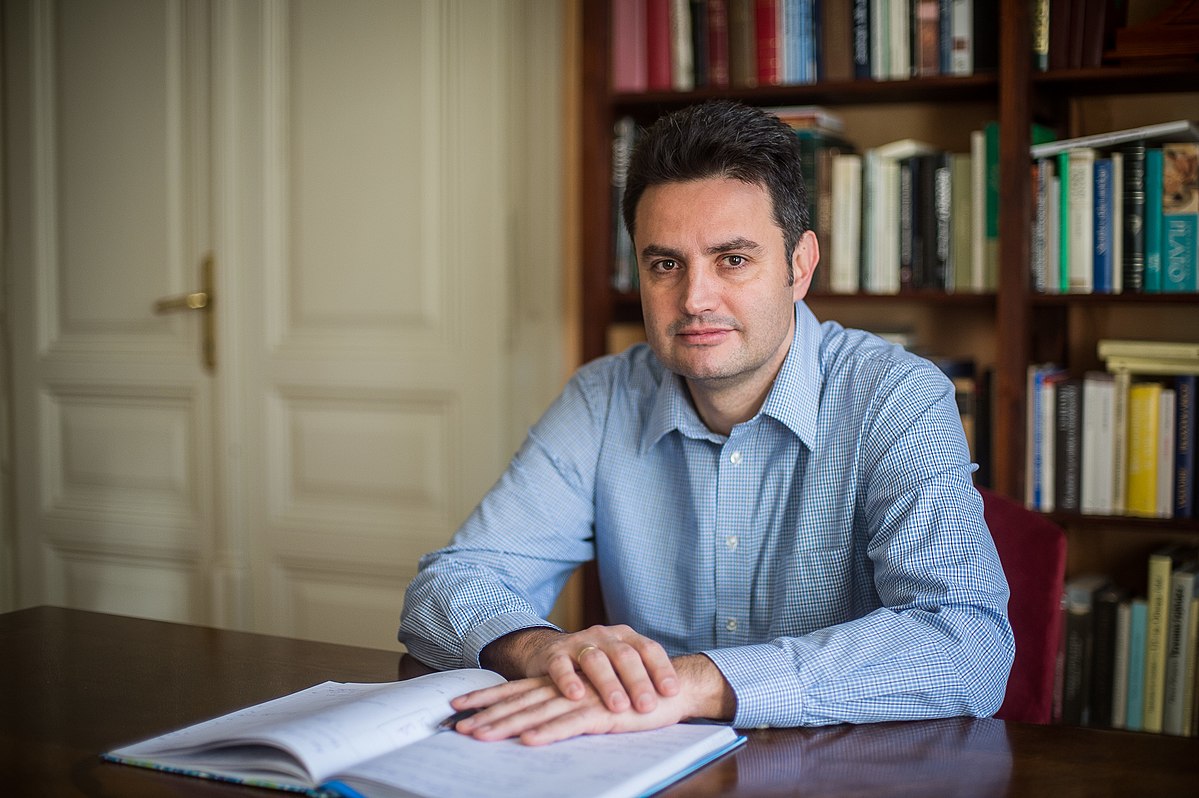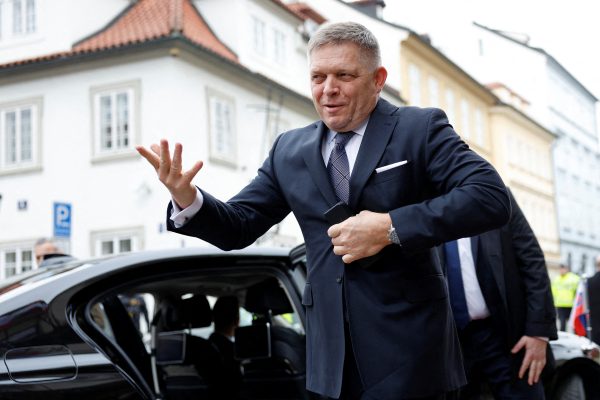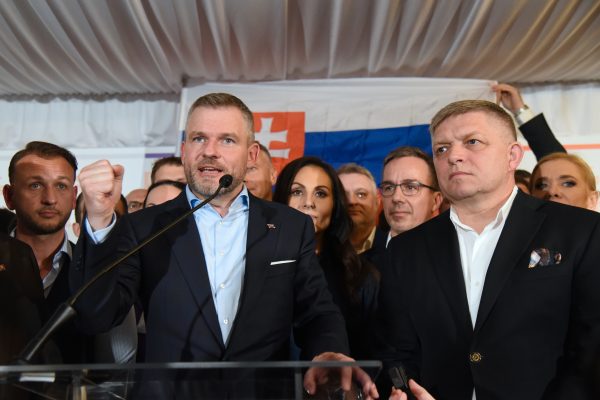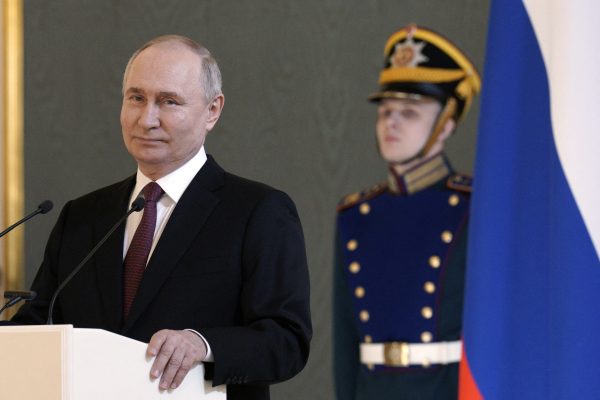Hungary’s first national primary elections have a winner. Péter Márki-Zay, 49, a small-town mayor and Catholic conservative will represent seven opposition parties. He has a real chance of removing Prime Minister Viktor Orbán.
MZP, as he is known, was the unexpected victor in the second round of the vote. He secured close to 57% of the popular vote and defeated Klára Dobrev, a Member of the European Parliament from the center-left Democratic Coalition (DK), the strongest opposition party. Most notably, some 662,000 people took part in the second round of the vote to elect who will represent the combined opposition, an eye-catching number in an electorate of 8m-plus.
At first sight, Márki-Zay does not seem an obvious choice. He runs the town of Hódmezővásárhely, a community of just 44,000 people located some 155km (96 miles) southeast of Budapest. The town on the Great Hungarian Plain was a stronghold of the ruling Fidesz party and Márki-Zay’s two electoral victories there have demonstrated an appeal to Orbán’s right-of-center electorate.
And the opposition electorate was canny. Although Dobrev seemed the likeliest winner, she is married to former socialist Prime Minister Ferenc Gyurcsány, the leader of DK. He is also one of the most unpopular politicians of the country and voters feared anyone associated with Gyurcsány would be doomed to fail against Orbán in April’s parliamentary vote. As an anti-establishment candidate with no party affiliation, MZP won among young people, managed to attract new voters in the second round and those living in Budapest also favored him by a wide margin.
His victory has a number of implications for Hungary’s disputatious politics. First of all and most importantly, the opposition parties have managed to revitalize themselves in a country where Orbán’s 12 year-long grip on power has sometimes seemed unbreakable. The participation rates really matter; the total taking part in one of the two primary rounds exceeded 850,000, which equals a third of those who voted for the opposition in the 2018 general election and suggests genuine enthusiasm for the anti-Orbán grouping.
For outside observers, like the European Union (EU), with whom Hungary has had a troubled and sometimes angry relationship, the results give some reason for optimism. Márki-Zay is also a firm Atlanticist, and has vowed to curb malign Russian and Chinese influence if elected. He has criticized the Russian-dominated International Investment Bank which Orbán encouraged to move to Budapest, and wants to halt large-scale business projects with Russia and China, including Hungary’s controversial nuclear energy deal with Rosatom. Other projects likely to be in his sights are the construction of the Budapest campus of the Chinese Fudan University and the Chinese-funded Budapest-Belgrade railway project.
Orbán now has an opponent to fear. Polling suggests the electorate is restive; the most recent survey shows the government and opposition grouping at 47% each. Equally important is the unity of the multi-party opposition which decided to join forces for the first time since the 2010 general election. Hungary’s electoral system is skewed towards first-past-the-post, which favors big groupings.
Critics have suggested the government is starting to anticipate the possibility of defeat in April, noting a recent push by the governing party to cement its hold on nominally independent public institutions. Most recently, the head of Hungary’s media watchdog, whose term would have lasted well after the election, unexpectedly resigned, clearing the way for a new candidate to be appointed for a nine-year term. The pro-Fidesz majority also introduced a bill that will require a two-thirds majority to remove Péter Polt, Hungary’s prosecutor-general, who the opposition wants to replace for an alleged failure to prosecute wrongdoers with ties to the ruling party.
The greatest risk for Márki-Zay now is that the opposition alliance disintegrates. Fidesz will likely make attempts to provoke this, while power struggles within the disparate parties might also prove harmful. It is also essential to prove that the opposition is able to govern. Much like US primaries, the contest of characters largely overshadowed the policy debate.
Once their euphoria has subsided, the opposition (even assuming no last-minute changes to the country’s election law) face the formidable prospect of battling a deeply entrenched ruling party and a mostly avid pro-government media. Pro-Fidesz pundits have already stated that there will be “major US interference” in the 2022 vote. MZP is already portrayed as “an agent of growing US influence” and is said to have met “the Soros network” during a 2019 trip to the US.
Dominik Istrate is a Foreign Policy Analyst with Political Capital, a non-partisan think tank based in Budapest, Hungary, and was a James S. Denton Transatlantic Fellow with CEPA.




